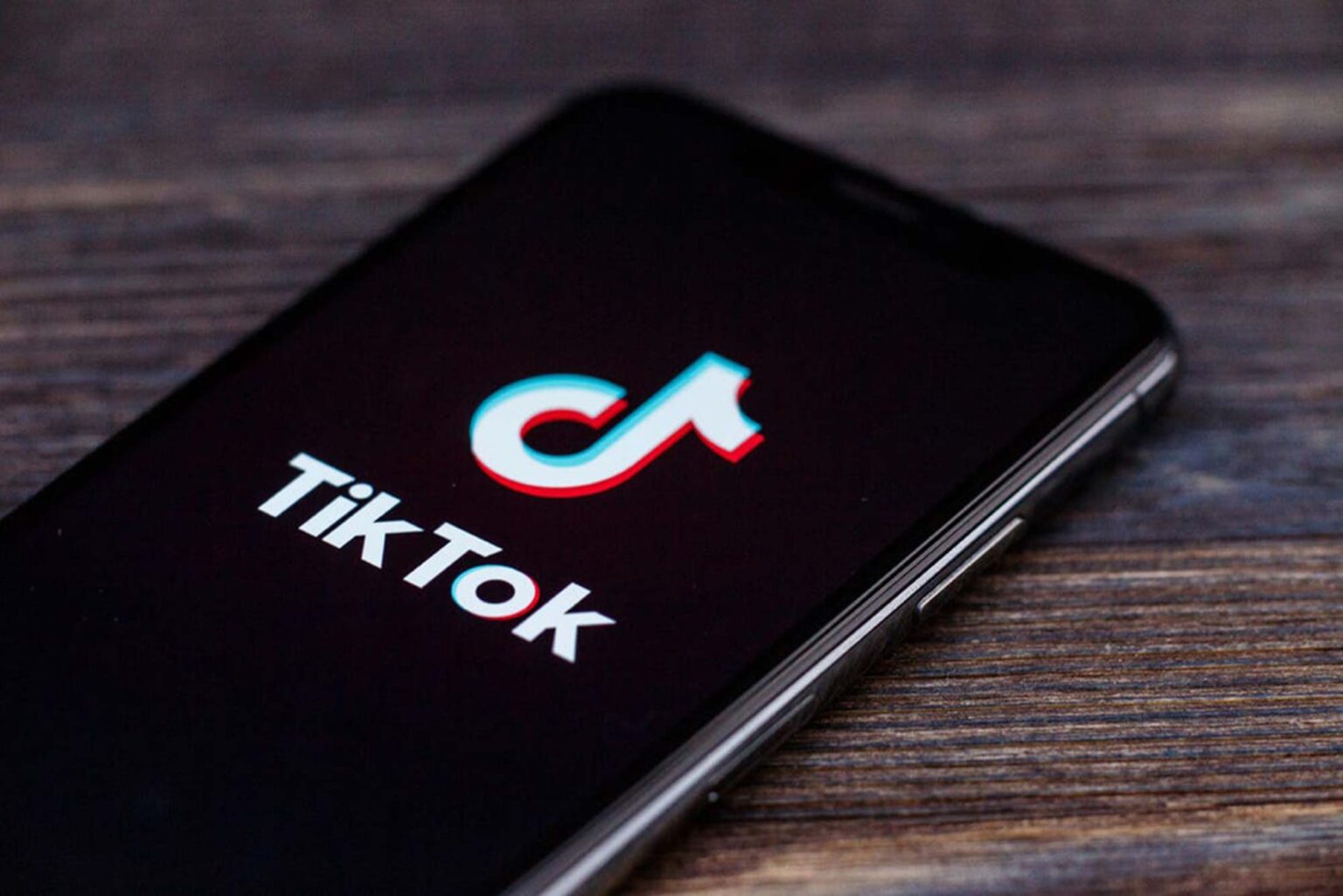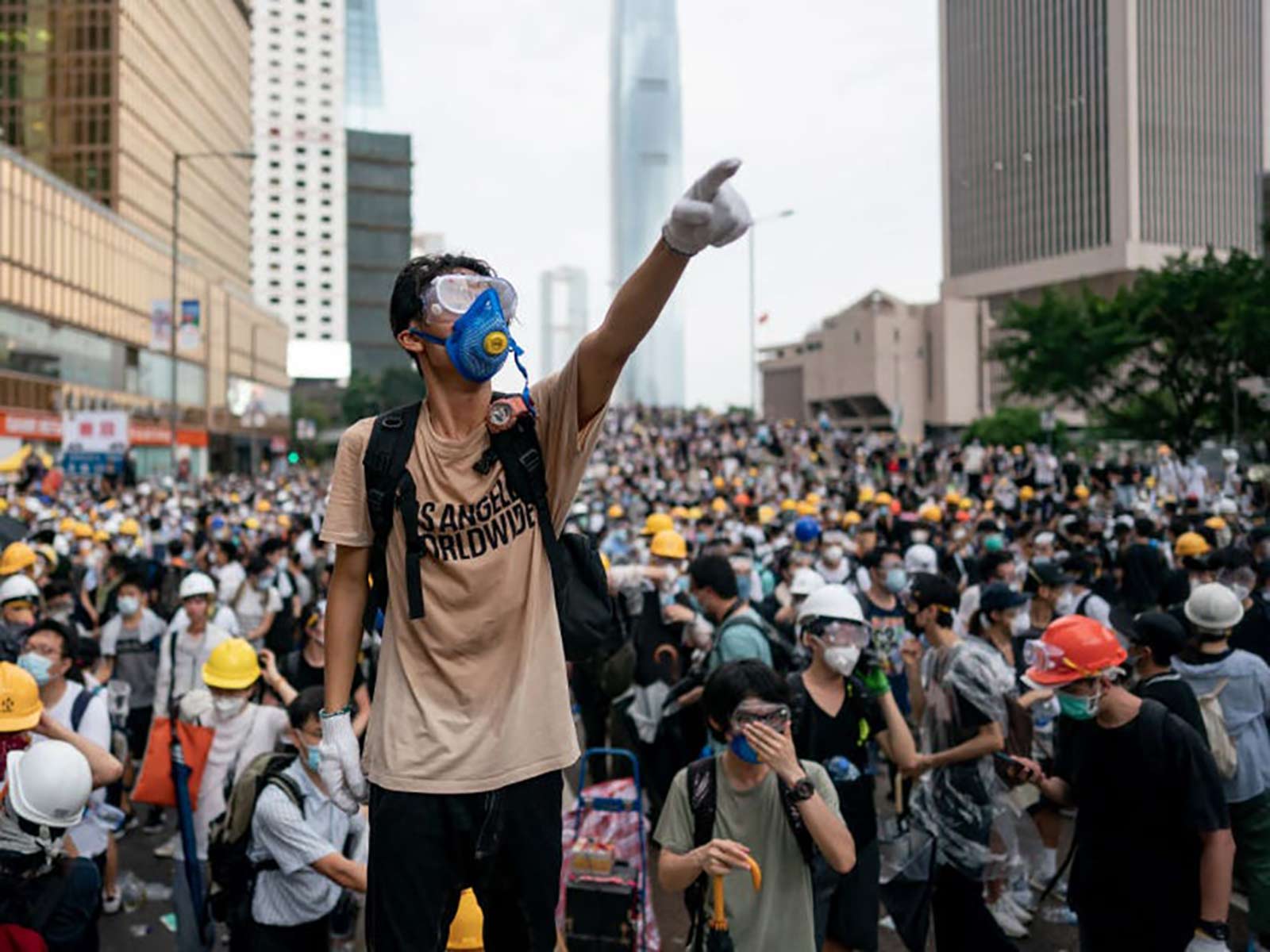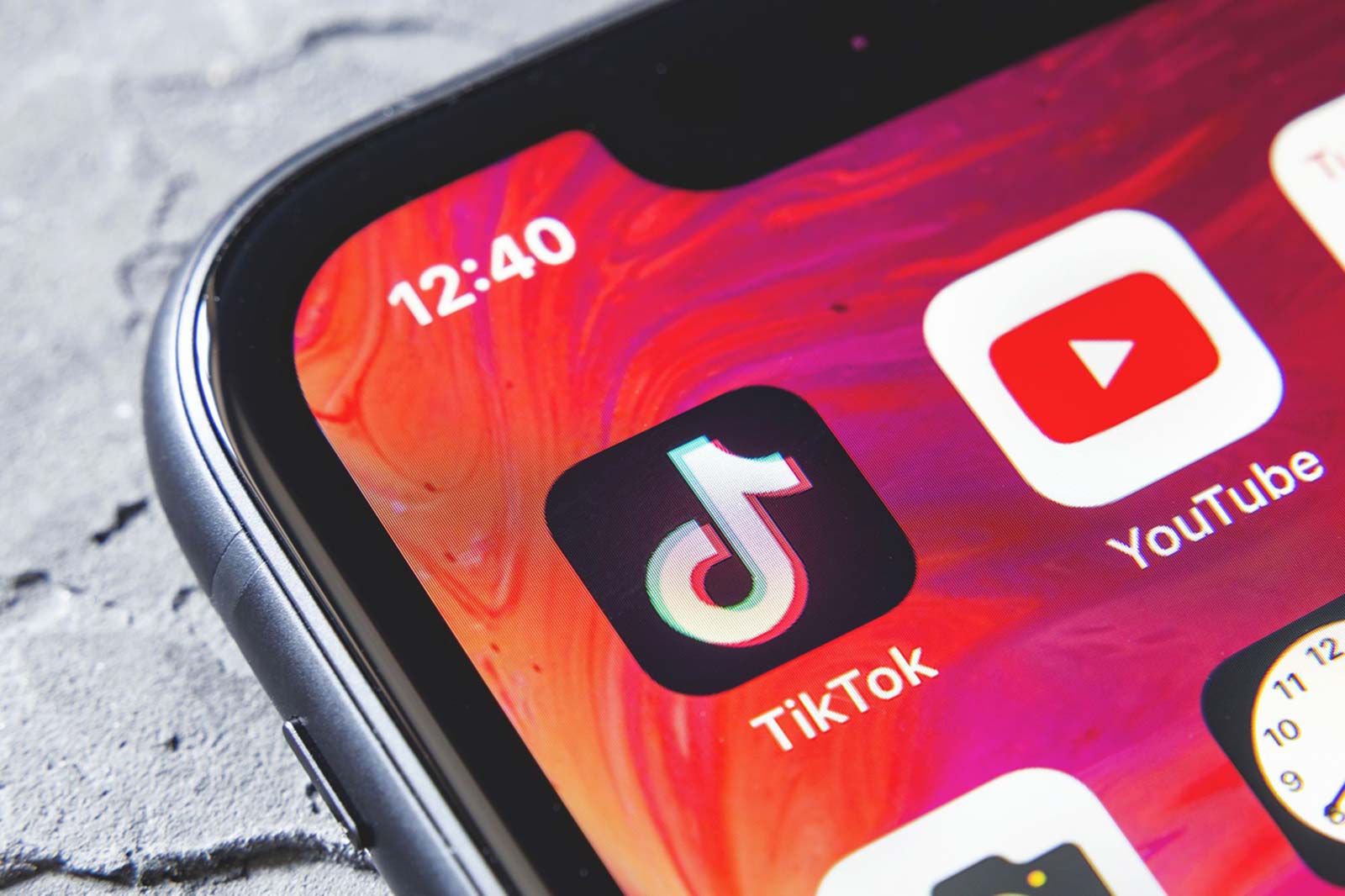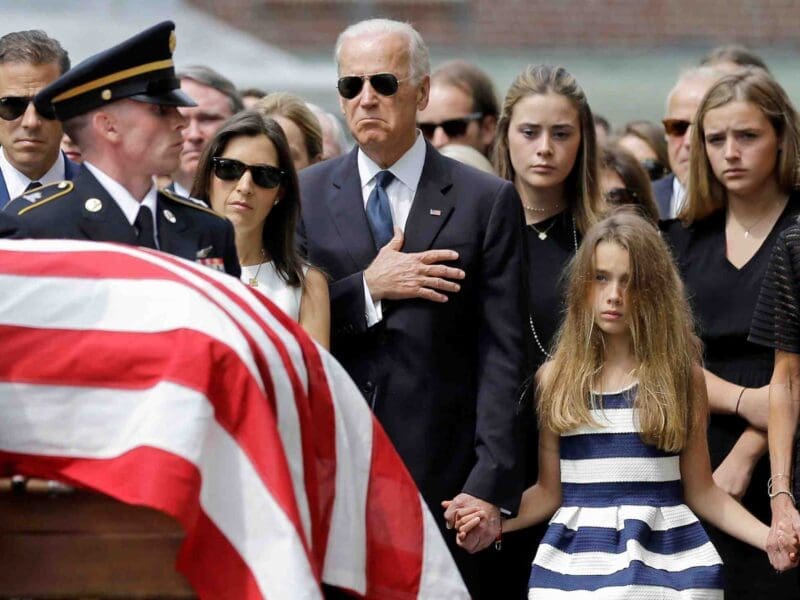
Is TikTok heading for a ban in the US? Everything you need to know
While some worship video-sharing app TikTok as a platform of expressive creativity, many are now waking up – finally seeing it for its tremendous flaws. Not only has TikTok promoted dangerous viral challenges and censored political speech, but the social media app may also be sharing your private information with the Chinese Communist Party.
Launched four years ago, TikTok has been downloaded two billion times and has fostered series of short-segment dance routines, comedy skits, & other random bogus bound to keep teenagers entertained. TikTok was our saving grace when Vine, our favorite short-video platform, globally closed in early 2017.
However, recently findings by data analysts has suggested that TikTok has serious security risks. In fact, the United States government is looking into flat-out banning TikTok and other social media apps owned by Chinese companies. Here’s everything you need to know about the TikTok ban.

ByteDance surveillance & malware
ByteDance, the company that owns TikTok, is based in Beijing, China set up in 2012 by Zhang Yiming. However, TikTok wasn’t available to US smartphones until a business deal was made in 2018 to merge with American app musical.ly. Bytedance reportedly made a profit of $3 billion last year. Tremendously desired in the US & UK, TikTok is encroaching on Twitter’s popularity.
While initially the presence of an American CEO and company security forces kept worries at bay, concerns about the app have been rising. Among other potential security risks, researchers at Penetrum have caught that TikTok’s code could allow the company to “upload malware on whatever device it is installed on.”
There are a couple types of information that TikTok can access. Primary, TikTok collects content that users permit & content users post or generate. Director of the Institute for Cybersecurity Education & Research at NDSU explains that the possible ban is linked to the vast content available to the Chinese government, saying:

“The fact that people are intentionally sharing this user captured content of themselves and others really makes it where the sky’s the limit on what types of information may be out there on the surface.”
Though TikTok’s terms of service agreements are scarily broad, the permissions are very similar to those of Facebook & Twitter. The biggest difference with TikTok, of course, is that user information is available to the Chinese government – which means there’s virtually no limit to what the forgein nation could do with the gathered information.

Censorship of Hong Kong protests & more
The Chinese Communist Party is infamous for it’s profuse & oppressive censorship. That’s not news. Recent admin behavior on TikTok hints that China’s influence on the company may be inciting further censorship on TikTok users speaking out about some political matters.
TikTok has been accused of targeting videos related to pro-democracy protests in Hong Kong. While social media apps like Twitter showcased the tremendous Hong Kong protests, TikTok showed “politically convenient” content when users searched for #hongkong such as selfies, food, & singalongs.
Yaqiu Wang, a Hong Kong-based researcher expresses concerns about Chinese companies like TikTok, saying, “For Chinese companies, the government has so much control. You have no choice. If it’s politically sensitive, your company is in jeopardy.”

Yet, ByteDance denies censoring Hong Kong protests, saying that these political videos were taken down for “violating guidelines around violent, graphic, shocking or sensational content.”
Moreover, Tiktok reportedly took down a political video made by Feroza Aziz who was speaking out about the mistreatment of Muslims in China’s Xinjiang region, and standoffs at the India-China border. When Aziz’s video drawing attention to the Uighur internment camps in China was viewed over a million times, TikTok made it unavailable.
TikTok, of course, denied censoring her post, stating that it was accidentally removed due to a “human moderation error.” The video was made available less than an hour later when a staffer “caught the mistake.” Aziz notes that this behavior is rather “suspicious” and claims that China is using TikTok “to not let the truth be set free” and that they are “scared.”
Is TikTok innocent?
The Indian government, for one, says no – TikTok isn’t innocent. Claiming that Chinese apps were using data illegally, India banned over fifty Chinese phone apps. America, among other countries, are considering following in India’s footsteps.
In fact Trump confirmed it’s being “looked at” and seems bent on a kind of revenge towards China, saying, “It’s a big business. Look, what happened with China with this virus, what they’ve done to this country and to the entire world is disgraceful.”

TikTok has adamantly sought to prove its innocence, insisting that the company does not give data to Chinese authorities and wishes to distance itself from its parent company Bytedance. TikTok states, “Let us be very clear: TikTok does not remove content based on sensitivities related to China. We have never been asked by the Chinese government to remove any content and we would not do so if asked. Period.”
Because the potential TikTok ban is inevitably going to upset many users, security expert Straub urges parents not to panic. To reduce any possible threat that TikTok could have, he advises, “simply watch what we post, and talk to kids about protecting their info.”
–
Are you a fan of TikTok? Do you think the US should move forward with its TikTok ban? Could China be using TikTok in a global information war? Let us know in the comments.








